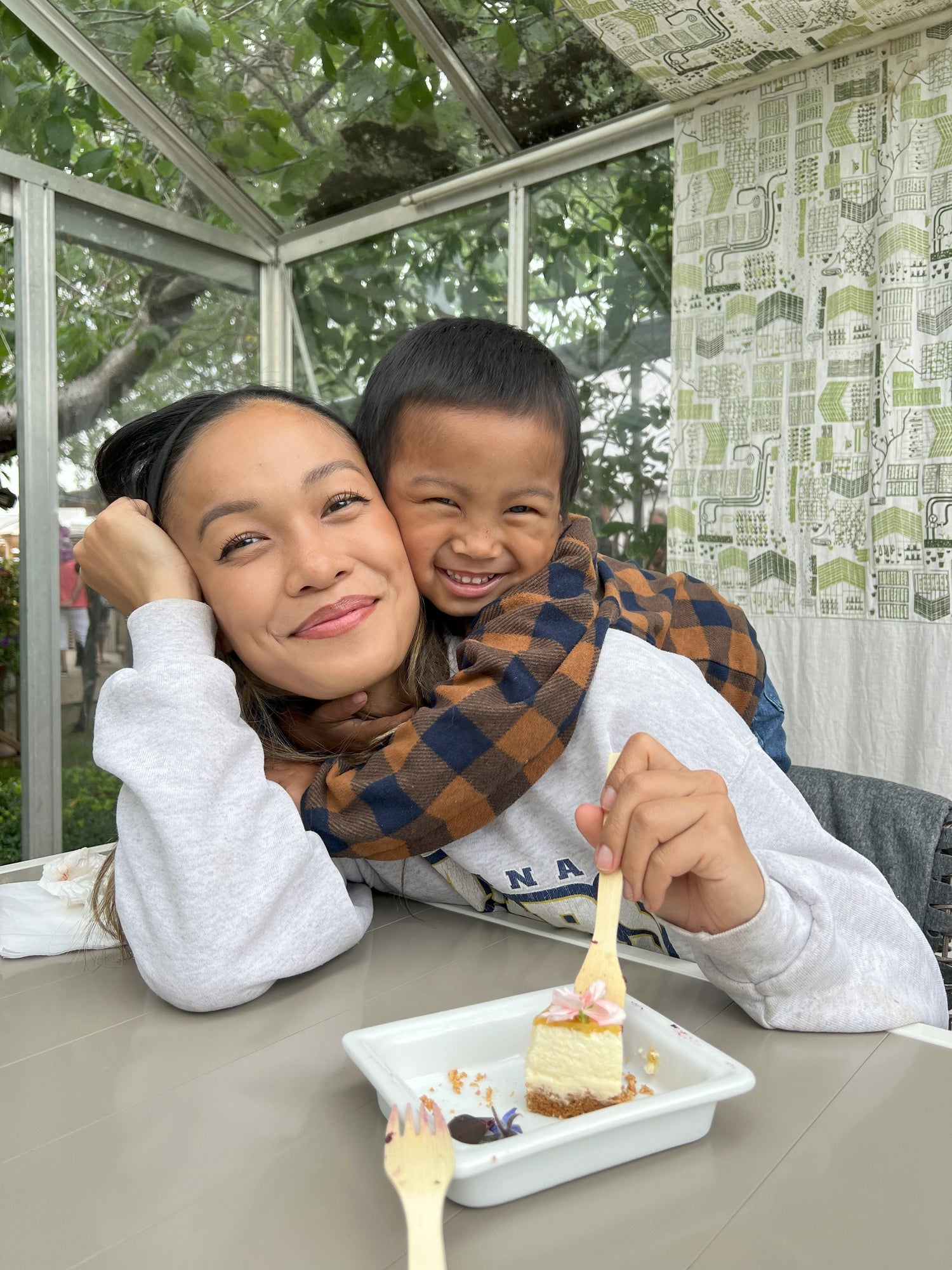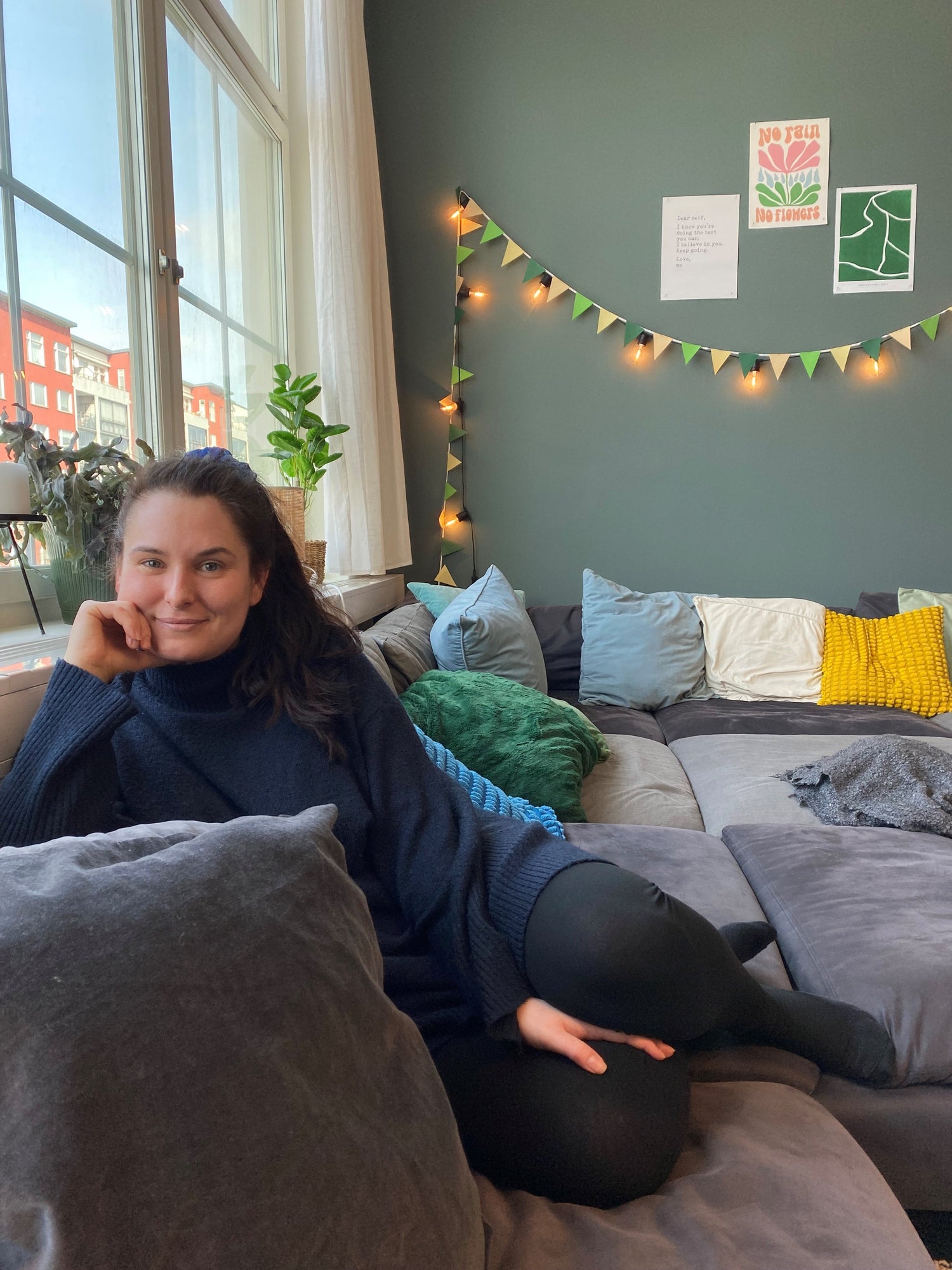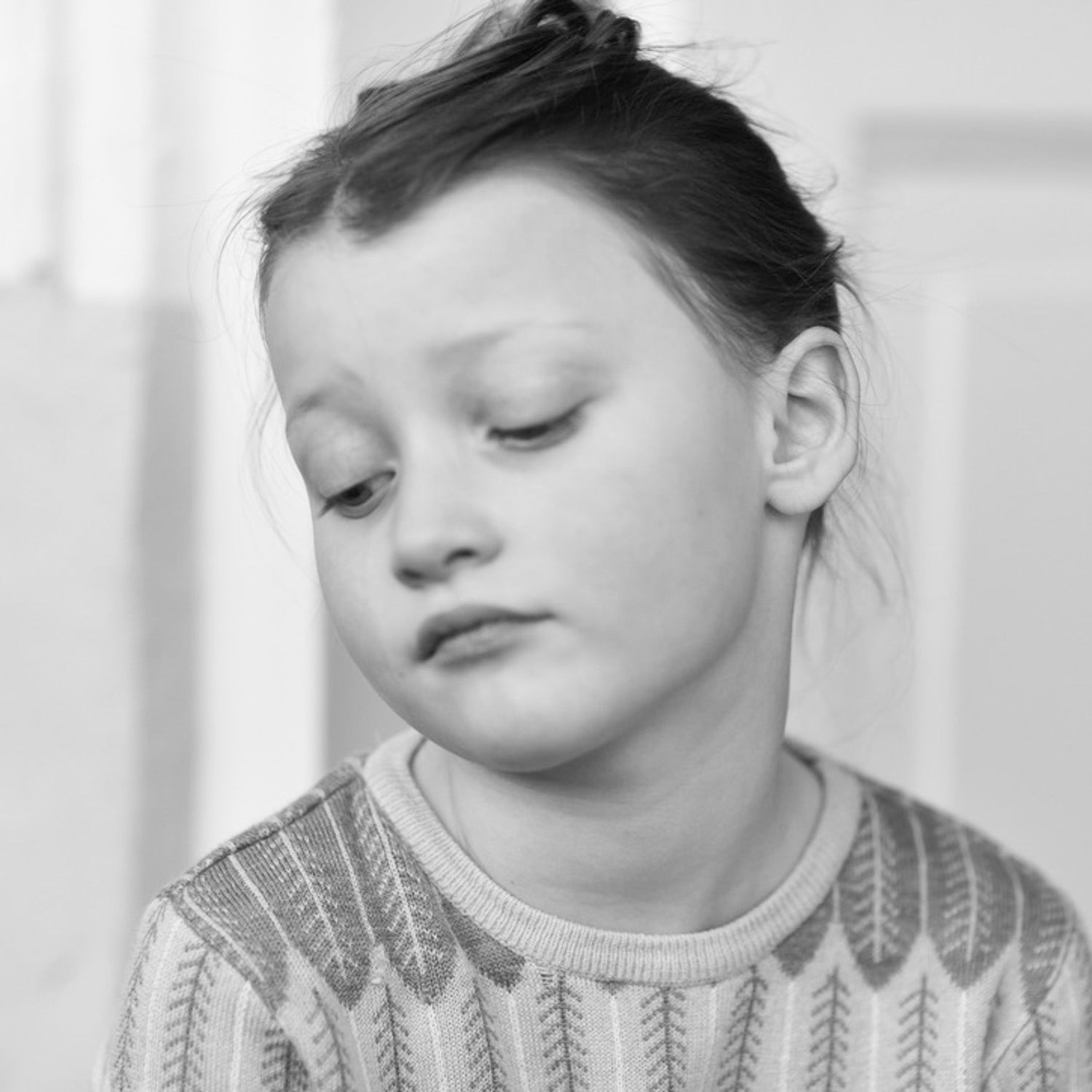This is how BUP (Child and Adolescent Psychiatry) writes about self-image and identity:
"Identity is an obvious feeling of being one's own person with one's own characteristics, thoughts, opinions and one's own personality. Identity is also an obvious feeling of being able to be yourself and to dare to stand for who you are."
You create your identity by relating to your surroundings in different ways. The outside world means people you meet, impressions you get and experiences you have. This means that you begin to look at yourself in relation to what you experience and that you can compare yourself to the outside world. You start thinking about what you think is important, what you like and don't like, what you stand for, and so on. You thus develop a self-image – how you see yourself – and it is through it that you build your identity.
Self-image is also shaped by how you are treated by other people. It is especially important to be confirmed by important people in one's life. It shows that you are significant and important and through that you get a strengthened self-image. Developing one's own identity is something that goes on throughout life and starts as early as when you are little. At the age of nine, children become more aware of how they are in the eyes of others and begin to think about what their identity looks like.
In adolescence, it is common for many things to happen in life that make you perhaps start to think more about your identity. The relationship with the parents changes when you start to grow up and have to stand more on your own two feet. Maybe you also get new interests that mean you no longer have as much in common with old friends. You can also make new friends and love relationships. It becomes important who you are in relation to others.
It is normal as a teenager to think a lot about your self-image and identity. It is a period in life when you may start to question things that felt obvious before, you start to think in new ways and have more of your own opinions. You can see it as a period in life when you have the opportunity to test yourself in terms of thoughts and behaviors. In this way, you can find out who you are and how you want to be perceived by others, that is, get a clearer self-image and build an identity.
For some, all of this can sometimes leave them feeling insecure and confused about their own identity. It could be called an identity crisis.”
Identity is something we think about throughout our lives, but during childhood/adolescence a lot happens. During these years, it is common for life to feel difficult at times. "Who am I?" is a big question. How do we know that? How do we get to know ourselves?
It is important to ask for help if your child/teenager is having trouble and feels unwell. Our emotion cards can absolutely help to get conversations started and to create an understanding of emotions and thus be able to ask for help, but in case of the slightest concern or for support and advice, you should contact, for example, BUP where you live. They help you move forward with suitable support.





